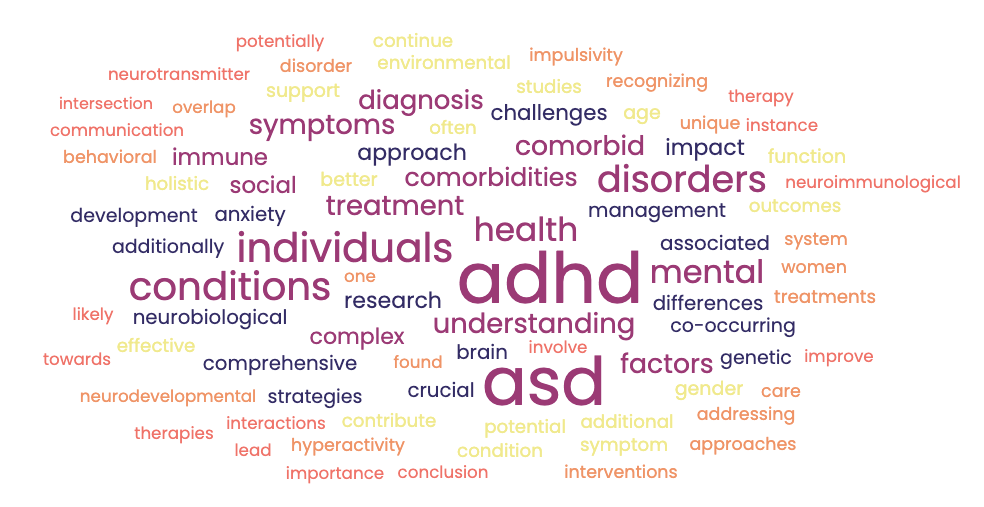So we hear a lot about the importance of leading an authentic life. What does this really mean? Authenticity is about being genuine and trustworthy in the way that we interact with ourselves and the world around us. Sounds like a great approach in relationships but why do we struggle with this?
The reality is that it is a challenge to show up as your true self. This approach requires that we notice those external and internal factors that push us to compromise our value of authenticity. The pressure to appear as a certain kind of person in our interactions with others can interfere with our ability to keep in touch with our genuine sense of self.
In relationships, this pressure may show up in our self-talk. We can find ourselves veering into “I’ll be whatever you want me to be” territory in order to keep the other person interested. When the inauthentic self shows up in those moments we may be inadvertently selling something different than who we truly are.
Let’s look at how this played out for Susie:
Susie met Trevor at a party. The two spent the evening with a group of friends laughing and telling stories. Susie was confident, witty and intelligent. The group clearly found her engaging and refreshing. She was being herself and her friends new and old enjoyed her company. At the end of the night, Trevor asked her out thinking that she would be a great person to spend more time with. On their first date, Susie was nervous and began to think about what type of person Trevor might find interesting. She was quiet and withdrawn. She let Trevor do most of the talking. She was agreeable and friendly enough. However, instead of letting herself show up as her authentic self, Susie became focused on figuring out what Trevor might find impressive about her and in turn became less interesting. The date was nice enough but certainly ended without the spark that Trevor had hoped for.
We can see here that Susie lost the aspects of herself that were most appealing to Trevor because she had lost touch with her sense of self and became too focused on her date. Although this is a small example, it is easy to image all the ways in which each of us dull a bit of our own spark in the interest of appealing to others.
Now, let’s take a look at Mitch:
Mitch and Anna have been together for several years. They are happily in love and recently got married. Mitch has been working at that same insurance company since college and has been feeling unfulfilled at work. Lately, he has found himself thinking more and more about alternative career paths and he has come to the realization that he may be happier if he returns to school to pursue his teaching credential. He has mentioned his dissatisfaction to Anna in passing and has found her to be rather disengaged from this discussion. Mitch has become increasingly concerned that Anna and their families will see him as less of a provider if he decides to quit his lucrative job and return to school. Instead of allowing his true feelings to be present and share them with his wife, Mitch finds himself trying to focus on other things to make himself happy.’
Here we can see that Mitch is feeling self-conscious about his job choice and instead of exploring his own desires and sharing them with Anna, he is taking the path of least resistance and finding other ways to channel his energy. While this approach may keep the peace in the short run, we can see how the long term implications could cause feelings of dissatisfaction and even resentment later on. Again, this is just one example but it illustrates the tendency each of us can have to want to stick with the status quo rather than tackle a difficult discussion, hence giving up a bit of our true self.
Both of these are clear examples of how our internal voices and external pressures can get in the way of expressing our genuine feelings, hopes and desires. It can be hard to get out of our own way and let our true sense of self shine through. However, as we can see, our desire to be pleasing and avoid conflict often leads to the loss of our authenticity.
So what can we do? Here are some ways to think about and practice cultivating a greater sense of authenticity in your relationship (adapted from Walser & Westrup, 2009):
- Begin by reflecting on areas where you could increase your level of authenticity. It can help to find a quiet time to think about areas in your relationship where you may be struggling to be authentic. Ask yourself the following questions:
- What may be leading to this struggle? Is it fear or some other emotional response?
- What might happen if that emotion was not dictating your behavior? What might you do differently?
- Are there some small ways that you might be able to change your behavior so that you can get closer to being more authentic?
- Are there particular conversations that you may be avoiding that, although challenging, may create a path toward a more genuine interaction and a greater sense of intimacy?
- What are your hopes and desires for yourself? How might you share those with your partner?
- Consider changing some of your actions in the following ways:
- Practice reflecting on and expressing your own likes and dislikes
- Challenge yourself to share your thoughts and feelings
- Remind yourself that when you are being truly authentic there are times when disagreements are sure to happen
- Look for ways in which being authentic helps to you achieve a greater sense of intimacy
- Reflect on whether you are being true to your own thoughts and values as you make decisions and interact with your partner
- Spend some time examining your core values. Click here for some helpful ways to examine what is most important to you.
Taking some time to find your own authentic voice can have a powerful impact on how you show up in your relationship and can lead to a stronger and deeper connection with yourself and your partner.
REFERENCES
Walser, R. D. & Westrup, D. (2009). The Mindful Couple: how acceptance and mindfulness can lead to the love you want. Oakland, CA: New Harbinger Publications, Inc.








